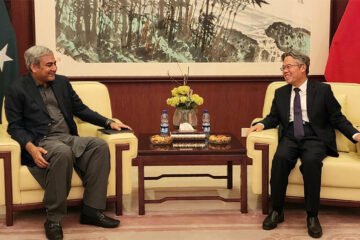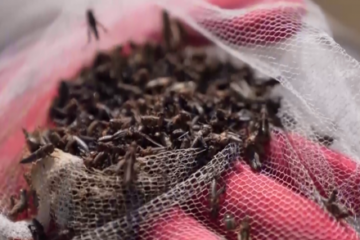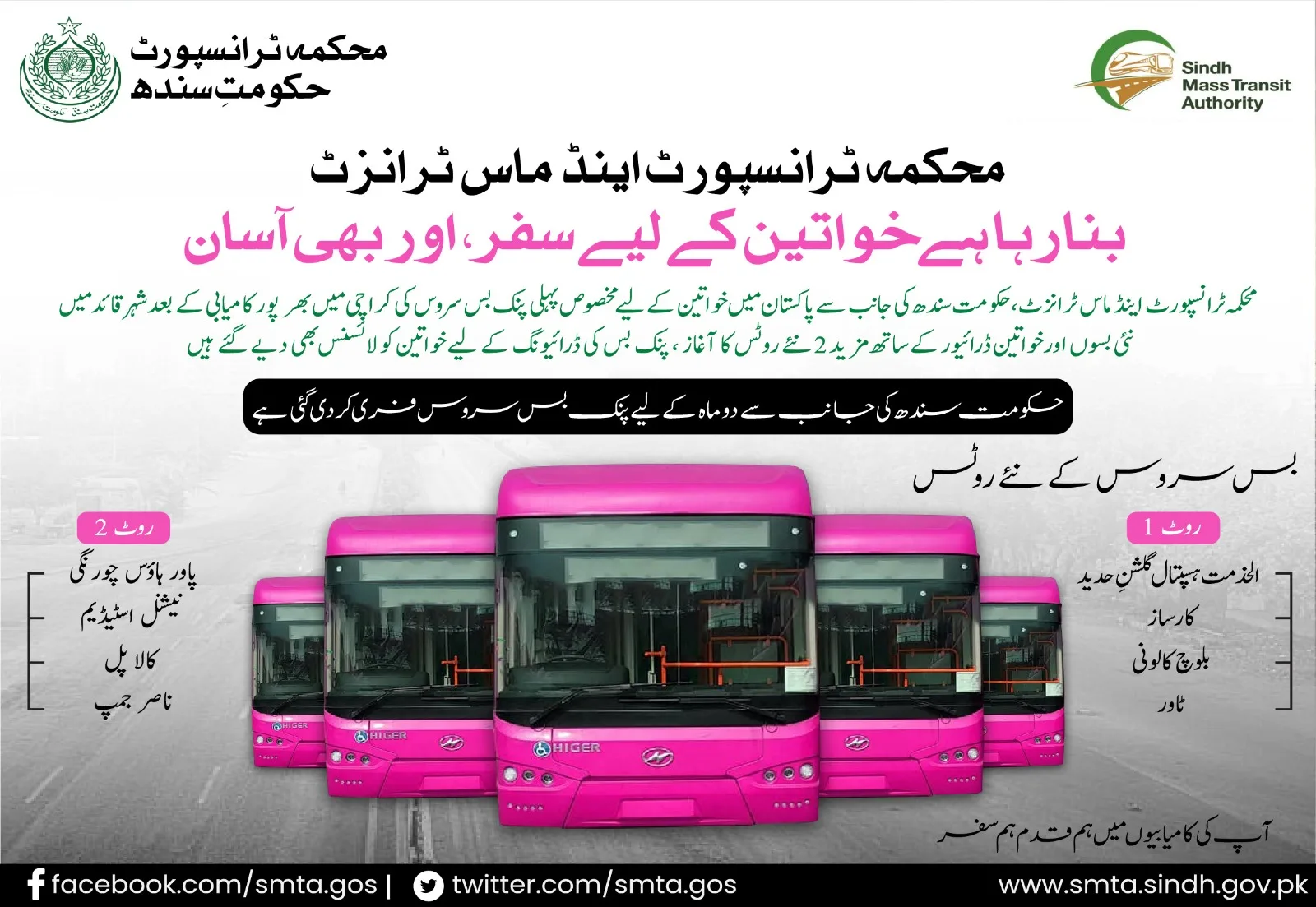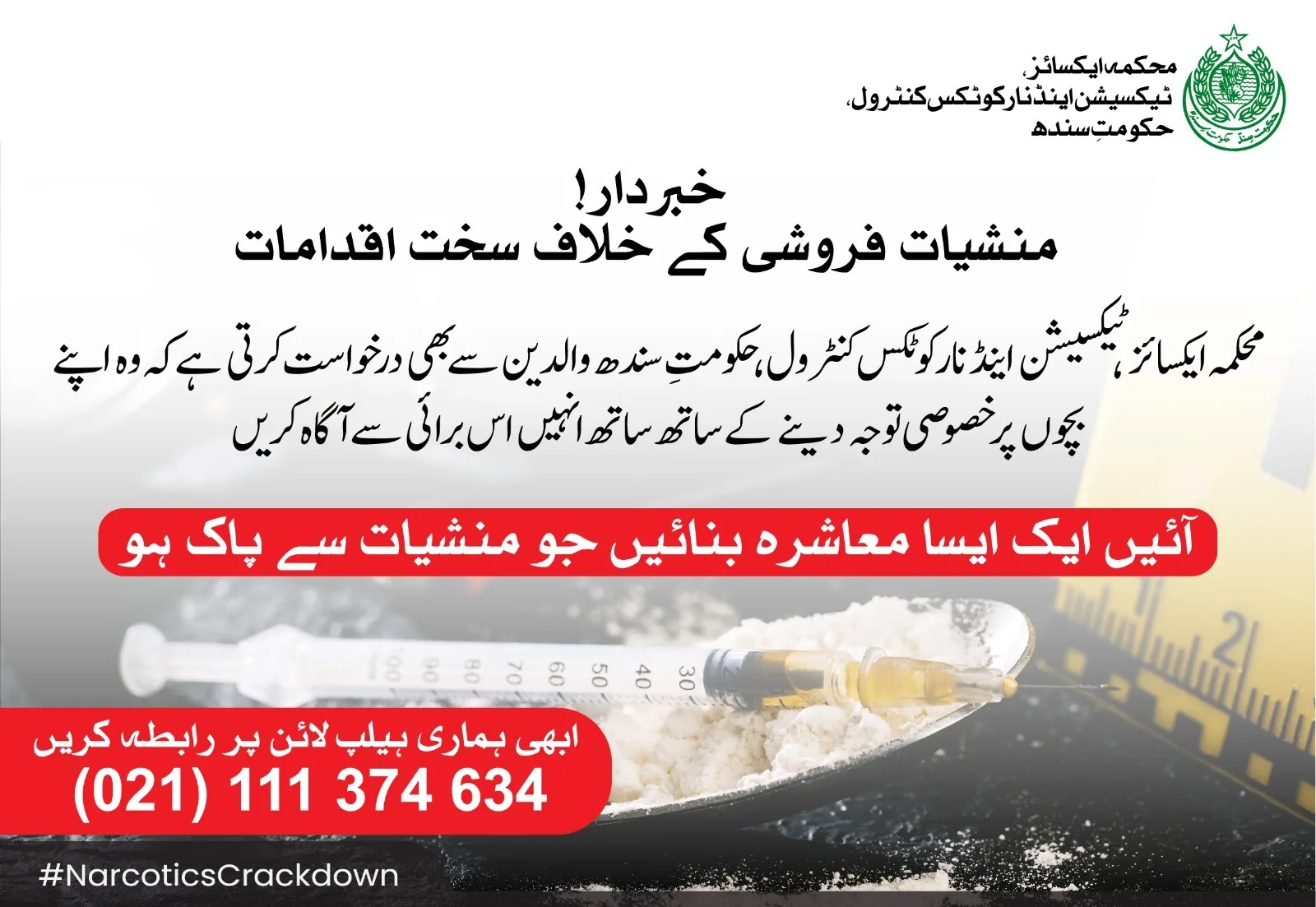Rural India bears the brunt of the pandemic as debt situation worsens

July 6, 2021: Asha Devi is one of the multitude of rural Indian citizens who does not remember the last time she comfortably managed to feed a family of seven in a remote corner of northern India where the novel Corona virus is resulting in rural debts and poverty.
The 35-year-old Devi had to mortgage her land for a loan of Rs 20,000 ($270) and six months later, when the money ran out, she stopped buying milk and halved the use of cooking oil. And can afford lentils only once every ten days. With her construction worker husband unemployed, she is facing deep debt.
“Sometimes I go to sleep hungry. Last week, I think I went to bed hungry at least twice but I can’t remember,” Devi told Reuters as she wiped away tears with her threadbare sari outside her mud house in her village in Uttar Pradesh state.
Devi said Prime Minister Narendra Modi’s government has promised free food to the poor but rations are limited and not enough for the family. The Corona virus and lockdown last year aimed to force millions of people out of jobs in cities and towns and force them to return to their villages, with high levels of debt. Interviews with 75 households in a cluster of eight villages in India’s most populous state show that the average household income has declined by about 75 per cent. About two-thirds of households have taken out a loan.
Devi’s husband used to work in construction in the more prosperous state of Punjab till the northwest, which kept the family afloat. Now the job is gone and he has returned home and is struggling to find work. Others like him who have lost their jobs around the brick kiln every day near their village in the hope of losing their jobs.
Economists say large debts and low incomes in rural areas will hamper the government’s economic recovery, which is expected to curb long-term private savings and investment. “It will have a huge impact and prolong the recovery process. It will hurt both private use and investment. People have the ability to find ways to put money in their hands,” NR said. Economist and Vice Chancellor of BR Ambedkar School of Economics, Bhanmurti, Bangalore.
For the year ended March 31, India’s GDP fell by a record 7.3 percent. The government has forecast an increase of 10.5% in 2021/2022, but the second wave of epidemics has dashed expectations and several economists have cut short their forecasts. The poor are particularly hard hit. Most of the 75 households researched by Reuters in the Uttar Pradesh cluster, a combined 518 people, have taken out total debt of 6.12 million rupees ($82,250), more than 80% of which remains unserviced, the householders said.
Borrowing has risen by three times since the pandemic hit in March 2020 and about half of that was taken out the past six months, the survey found. With no jobs or with bread-winners sick, the cumulative monthly income of the 75 households has dropped to about 220,000 rupees from 815,000 rupees before the pandemic.
Only about 30% of the people in Gauriya had a job or were looking for work, many fewer than before, villagers said. Rural unemployment rate, which used to hover around 6% before the pandemic, rose to 8.75% in June, according to the Mumbai-based Centre for Monitoring Indian Economy (CMIE).
The mix of lower incomes, higher debt and rising prices of staples is dampening demand in the countryside where two-thirds of Indians live. Sales of everything from biscuits, tea and lentils to auto parts have taken a hit, vendors say. Some have shut down shops that their families have run for generations.
Gosh Mohammed, 43, used to sell up to 8,000 rupees of groceries a day before the pandemic. Now it’s down to 1,000 rupees a day. He has taken 60,000 rupees worth of goods from a wholesaler on credit but hasn’t been able to pay it off for six months.
“I never used to take goods on credit because buying with cash gets us more of a discount, now I think I’ll have to shut my shop as wholesalers have stopped giving me credit and I’ve sold the goods on credit and that money isn’t likely to come back.”
Stay tuned to BaaghiTV for latest news and Updates!












